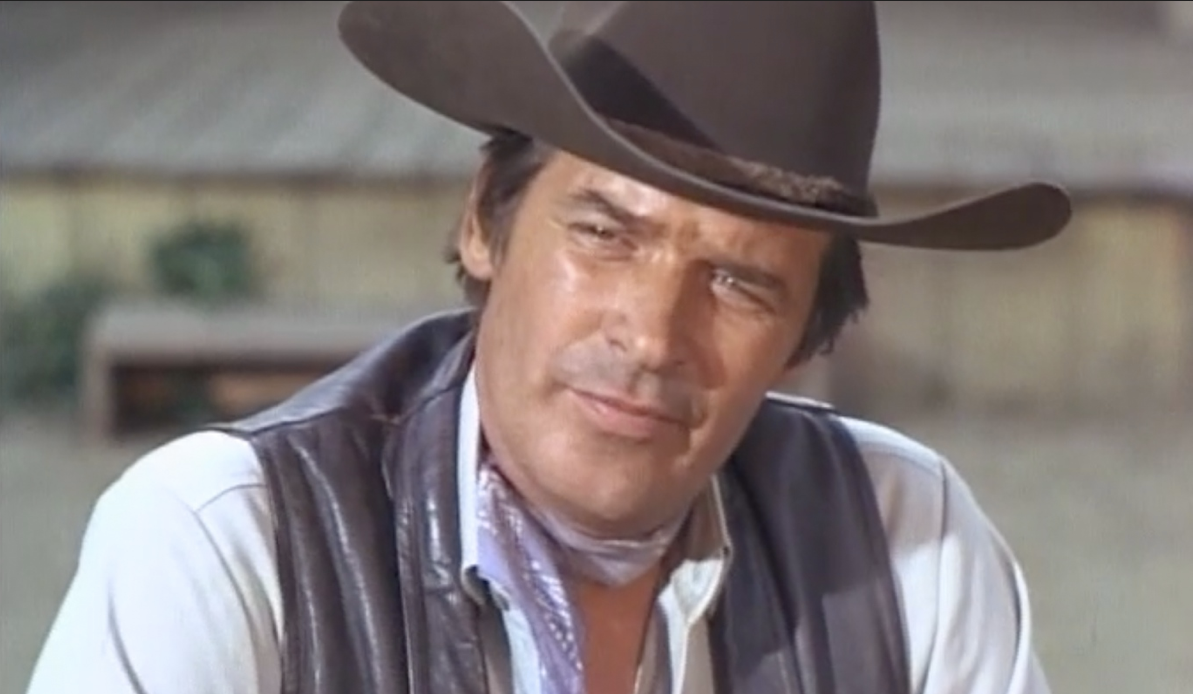Peter Breck vs. Richard Long Was Hollywood Hatred at Its Pettiest

On screen, Peter Breck and Richard Long played brothers on The Big Valley. Off screen, they barely managed to be in the same room.
By all accounts, Breck truly hated Long—more than any other actor he worked with. Not in a mild "creative differences" kind of way. In a full-blown, cold war behind the scenes kind of way.
Their feud started during the production of The Big Valley, which ran on ABC from 1965 to 1969. The show starred Barbara Stanwyck, Linda Evans, and Lee Majors, but Breck's explosive portrayal of hotheaded Nick Barkley helped define the show. He was physical, intense, emotional—everything Long wasn't.
While Breck acted with volcanic energy, Long was smooth, controlled, and (in Breck's view) smug. Breck thought Long carried himself like he was intellectually superior. He saw it not as professionalism, but quiet arrogance. The contrast in their acting styles made their scenes tense—and not in a fun, dramatic way.
Behind the camera, it got worse.
Crew members described an ice-cold atmosphere when the two shared scenes. Breck was known for being upbeat and generous on set—until Long showed up. Then he'd go silent, brooding, sometimes walking off set after takes.
Friends of Breck later said he felt Long played political games behind the scenes—subtle undermining, quiet manipulation, little moves that painted Breck in a bad light with producers. Whether it was real or imagined, Breck never let it go.

He resented how easily Long seemed to rise in the industry—less sweat, more praise. While Breck threw everything into every performance, Long made it look effortless. To Breck, that ease looked like favoritism.
Even years later, Breck never softened.
In interviews, he openly praised his castmates—especially Barbara Stanwyck and Lee Majors—but dodged any mention of Richard Long. Privately, he was more direct: Long was the one co-star he could never stand.
For Breck, Long came to represent everything fake and political about Hollywood—slick on the outside, calculating behind the curtain. And no matter how many decades passed, that bitterness never really left.
It was, in the end, a feud with no public blowout, no big dramatic confrontation—just a slow, quiet simmer that lasted a lifetime. The kind of petty, personal Hollywood hatred that never made headlines… but never went away either.